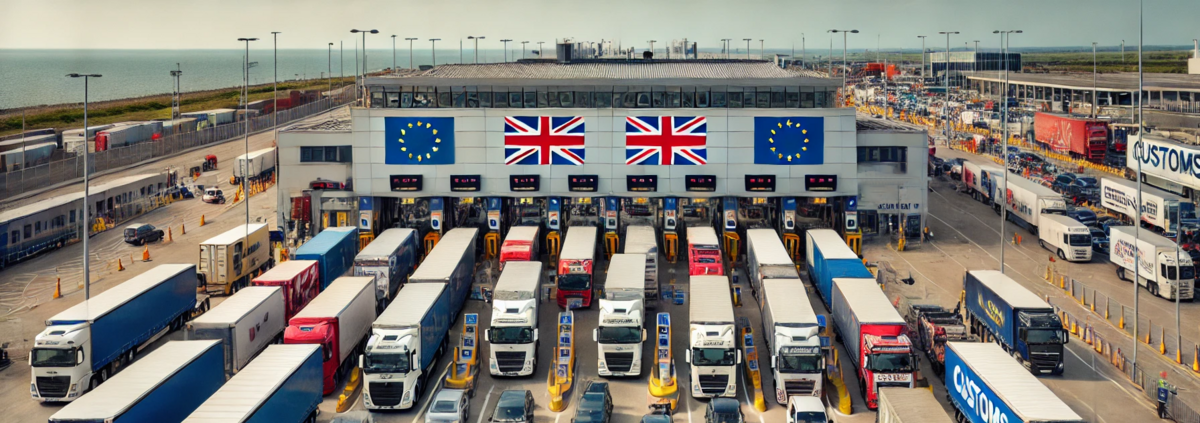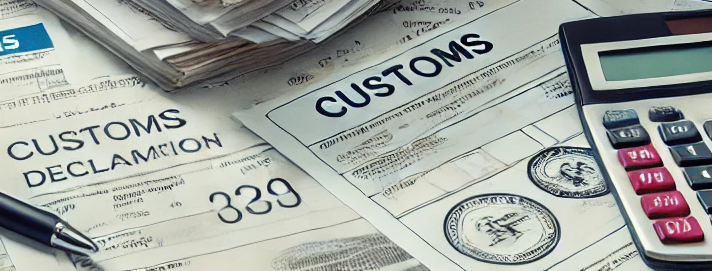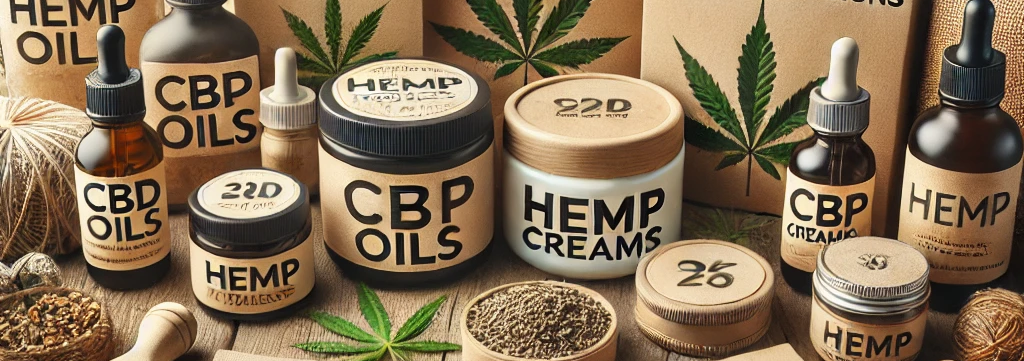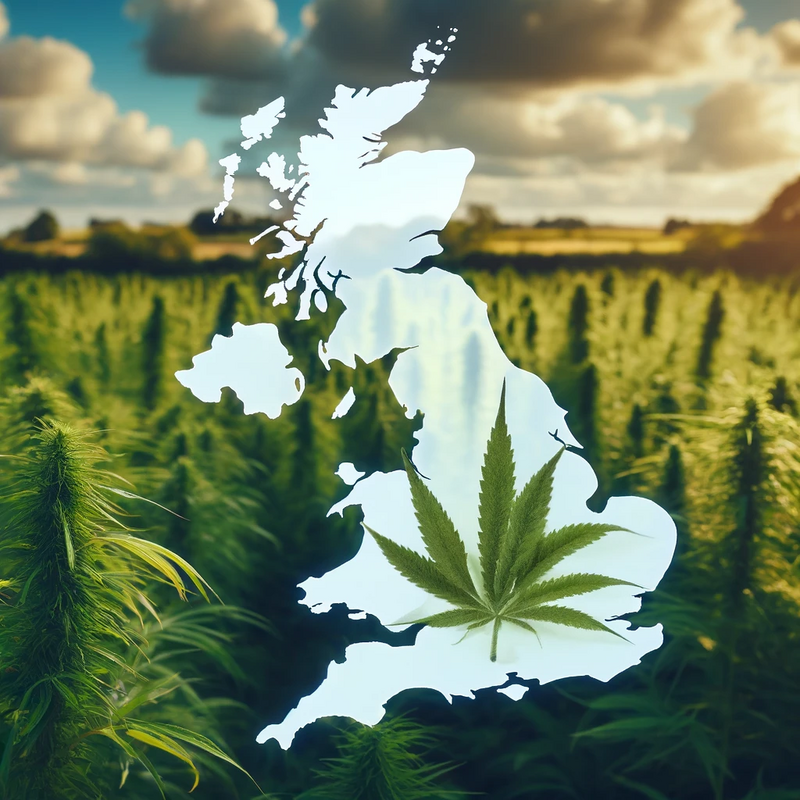
Since the United Kingdom’s departure from the European Union, businesses in the cannabis and hemp industries have faced significant adjustments, particularly concerning the import and export of goods.
As the UK continues to establish its own regulations, companies must adapt to a new landscape that includes changing border controls, trade tariffs, and product labelling requirements. This blog will outline the key post-Brexit regulatory updates, especially for businesses dealing with hemp and CBD products, and provide actionable steps for Cannabis Trades Association (CTA) members to stay compliant.

Import Controls and Trade Tariffs
One of the most significant impacts of Brexit has been the introduction of new import controls and trade tariffs for goods coming from the EU. Prior to Brexit, UK businesses benefitted from frictionless trade within the EU's single market, but post-Brexit, businesses now face customs declarations, product compliance checks, and potential delays at the UK-EU border.
From 2024 onwards, new border checks will come into effect, further tightening the regulatory environment. These controls will include more frequent product inspections, verification of certificates of origin, and stricter customs procedures. For those in the cannabis and hemp industry, particularly those importing products like hemp seeds, CBD oil, or industrial hemp textiles from the EU, these changes could lead to delays and additional costs.
Moreover, tariffs may now apply to certain products that previously moved tariff-free within the EU. It’s essential for businesses to stay informed about the latest updates to trade tariffs, particularly as some hemp products may now face these charges. Understanding these tariff changes can help businesses manage their costs more effectively and make necessary adjustments to their pricing or supply chain management.
Action for Members: Navigating Post-Brexit Trade
As these new controls and tariffs come into effect, CTA members should take several key actions to remain competitive and compliant:

1. Stay Informed:
Keep up to date with the UK government’s evolving guidance on import and export regulations, particularly for the cannabis and hemp sectors. Regularly reviewing official updates will help businesses avoid penalties and ensure compliance with the latest rules.
2. Review Your Supply Chain:
Identify potential vulnerabilities in your supply chain, particularly if you rely on EU-based suppliers for hemp or CBD products. Consider alternative suppliers outside the EU to reduce dependency on EU markets and minimise the risk of disruptions at the border.
3. Update Customs Declarations:
Brexit requires businesses to complete customs declarations for goods entering or leaving the UK, including detailed descriptions of the products, country of origin, and tariff codes. If these forms are incorrectly completed, it could lead to delays and penalties, so it's vital to understand the new paperwork requirements or hire a customs broker for expert assistance.
4. Monitor Changes to Trade Tariffs:
Although many goods traded between the UK and the EU remain tariff-free, some products, particularly within the hemp and CBD sectors, may face tariffs. Ensure you are familiar with any updates that could impact your bottom line and adjust your pricing strategies accordingly.

Post-Brexit Product Labeling Changes
In addition to import controls and tariffs, businesses need to be aware of the changes to product labelling requirements post-Brexit. These changes are particularly relevant for hemp and CBD products, which are subject to more stringent regulations and scrutiny from UK authorities.
1. Country of Origin:
- One of the key changes post-Brexit is the requirement for accurate country-of-origin labelling. For products manufactured in the UK, labels must clearly indicate that the product originates from the UK or specific regions like England, Scotland, Wales, or Northern Ireland.
- If a product is manufactured outside the UK, businesses must ensure the correct country of origin is clearly marked on the label. This is particularly relevant for products that are imported from the EU, where previously such distinctions were not required.
2. Specific Labelling for Hemp and CBD Products:
- THC Content: Hemp and CBD products must clearly indicate their THC content on the label, ensuring they comply with UK regulations, where THC levels must remain within permissible limits (typically below 0.2% for industrial hemp).
- Advisory Daily Intake (ADI): For CBD products, the UK’s Advisory Daily Intake (ADI) is set at 10 mg per day over a lifetime. CBD product labels must now reflect this guidance, with clear instructions to prevent consumers from exceeding the recommended intake.
- Misleading Health Claims: UK regulators such as the MHRA (Medicines and Healthcare products Regulatory Agency) and FSA (Food Standards Agency) are closely monitoring product labelling to prevent misleading health claims. Products cannot claim to treat or cure medical conditions without the appropriate authorisation, so businesses must ensure their labels are free from unsubstantiated claims.
- Novel Foods Compliance: CBD products must comply with the FSA’s Novel Foods regulations. Only products that have passed through the Novel Foods application process and have been assessed for safety can be legally marketed. This process should be reflected on the product label.

3. Environmental and Sustainability Claims:
The UK has introduced stricter regulations to prevent greenwashing (false environmental claims) on product labels. If your hemp or CBD products claim to be sustainable or environmentally friendly, ensure these claims are substantiated and that you have the evidence to support them.
4. Legal Compliance:
Compliance with laws such as the Consumer Protection from Unfair Trading Regulations 2008 and the Misuse of Drugs Act 1971 remains essential for hemp and CBD products. Product labels must ensure that the product is not marketed in a way that could mislead consumers about its legality or compliance with drug laws. Businesses distributing products across both the UK and EU may also need to incorporate dual labelling to meet the respective regulations.
As the UK continues to navigate the regulatory complexities of its post-Brexit trade environment, businesses in the hemp and cannabis sectors must remain vigilant. With new border controls, trade tariffs, and stricter product labelling requirements coming into effect, staying informed and proactive is essential for businesses to thrive in this challenging market.
By following the recommended actions, such as reviewing supply chains, updating customs declarations, and ensuring product labels meet UK-specific requirements, CTA members can minimise disruption and remain compliant.
The Cannabis Trades Association is here to provide support, guidance, and resources to help its members navigate these changes successfully. Click the image to book a chat.
Published - 27th November 2024







